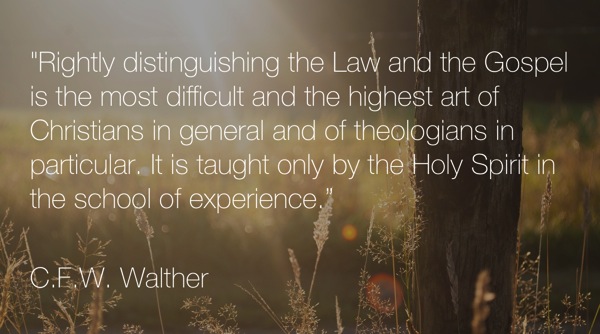 Have you ever experienced a film that is so good that you hated when it was over? You know the kind of movie I am talking about - the movies that have you so engaged and when all of the sudden the music starts to crescendo and the credits start rolling, you immediately have a panic attack and shout, “NO!”
Have you ever experienced a film that is so good that you hated when it was over? You know the kind of movie I am talking about - the movies that have you so engaged and when all of the sudden the music starts to crescendo and the credits start rolling, you immediately have a panic attack and shout, “NO!”
Because the movie can’t end like that. We never found out if they end up together. Did they live? Who did they choose?
In a good film, a good storyteller has this incredible ability to share key elements of a story and also to hold back other key elements. This is what makes these films so engaging, we see what we need to and at other times we are left with unresolved tension.
Jesus does this same thing in his ministry.
A rich, young man asks Jesus a seemingly simple theological question when he says, “Teacher, what must I do to inherit eternal life?”
Jesus responds, “You know the commandments: Don’t murder, don’t commit adultery, don’t steal…”
The young man believes that he has kept the commandments since he was a young boy. And at that Jesus responds, “Go, sell everything you have and give to the poor, and you will have treasure in heaven.”
And the rich, young man walks away.
That’s the end of the dialogue. Jesus doesn’t go chasing after him to clarify that he really could inherit eternal life without giving up his possessions. The scriptures never tell us that this man would later come back after realizing that Jesus was what he really needed. It just ends abruptly. Jesus says, “Give all your stuff away.” And so the man leaves.
End of story.
In preaching, we have a task that makes these same kind of choices. What words do we share? What story do we tell? When do we share words that condemn and kill? And when do we speak words that offer grace and bring life? If the Bible is a book of two words: law and gospel. The great art for the preacher is distinguishing law and Gospel.
There is a time for our words, as preachers, to kill. This is the job of the law. The law convicts sinners. It terrifies the sinner and drives the hearer to their knees. This is what Jesus shares with the rich, young man. The young man is clearly a bit arrogant in his ability to obey the law, so he needs to hear a word that brings him back to reality. And because of how the man responds, Jesus makes the difficult decision to not share the rest of the story. He holds back. And rightly so, because the unrepentant, young man doesn’t need to hear Gospel in that moment.
The disciples on the other hand respond much differently to Jesus’ conversation with the young man.
Jesus' preaching of law leads the disciples to ask the question, “Well, who then can be saved?” This is the point. The law did its work for the disciples. The law convicted them. Because of how Jesus told the story, they clearly realized that they can’t do it. That’s the point that the rich, young man never realized.
And so the disciples need a different word.
The disciples don’t need a word that condemns. They don’t need a word that brings more rules and laws to keep. They don’t need seven steps to living a life of discipleship. They need the Gospel. They need the word that brings life. When the law drives the sinner to repentance, the Gospel comes in and speaks words of forgiveness. When the disciples ask, “Who then can be saved?” The Gospel comes in and says, “On your own, no one. But through Jesus, even you can."

So when do we speak these words? When do we speak words that condemn and when do we speak words that forgive? If we preach grace to the unrepentant sinner, we simply embolden the sinner. And if we preach condemnation to the broken, repentant sinner, we kill the sinner who is looking for that which would give life.
This is the difficult task of anyone who speaks the words of the scripture to another.
Whether that be when parents speak to their children, when preachers share a message, or when a friend has a conversation. Distinguishing law and gospel is an art. It takes an artist to determine when to stop and when to keep pushing. It requires art to know how to build the tension and when to release that tension. And it takes art to discern, what words does this person need to hear right now?
"Rightly distinguishing the Law and the Gospel is the most difficult and the highest art of Christians in general and of theologians in particular. It is taught only by the Holy Spirit in the school of experience.” - C.F.W. Walther
